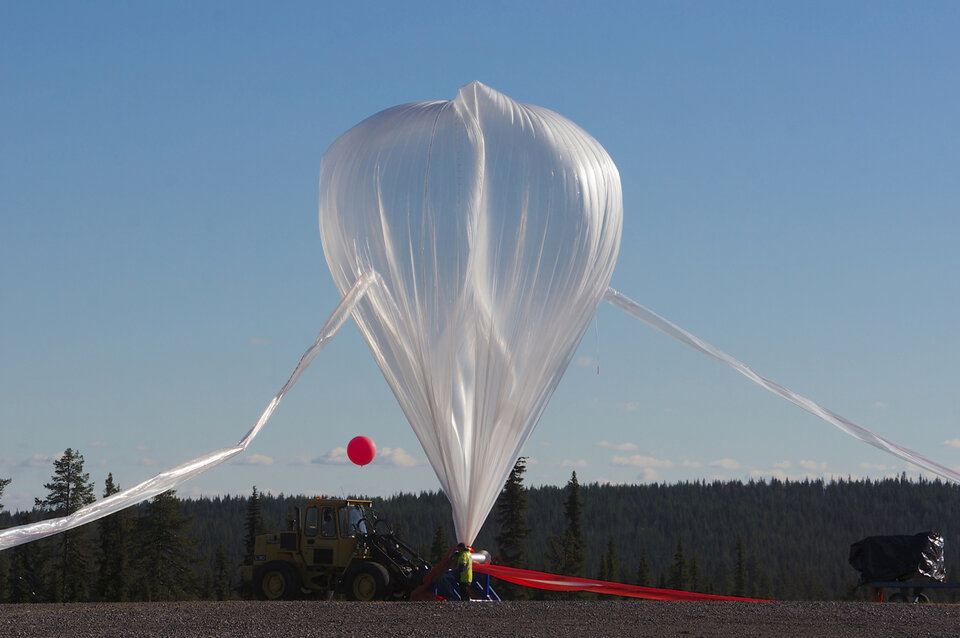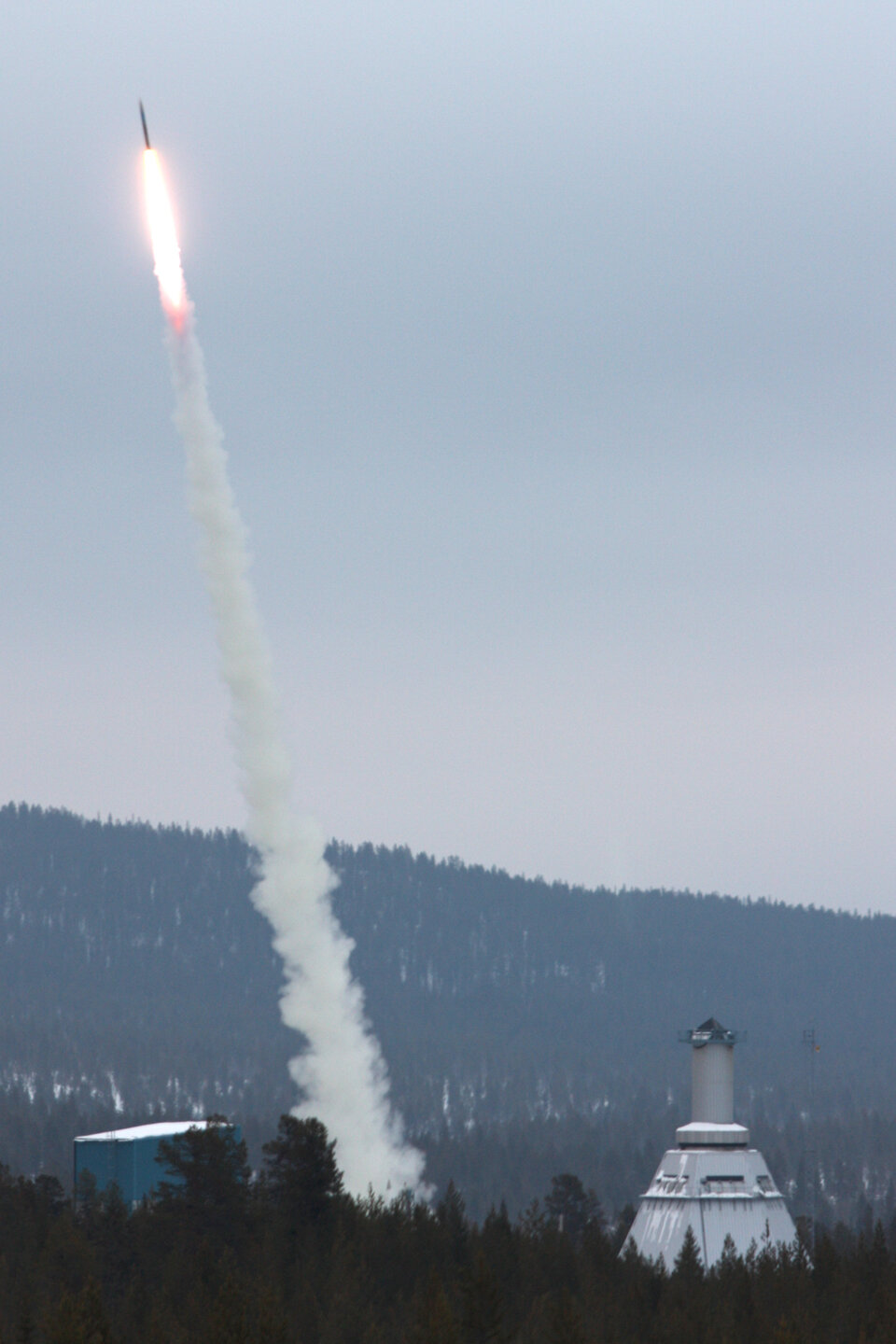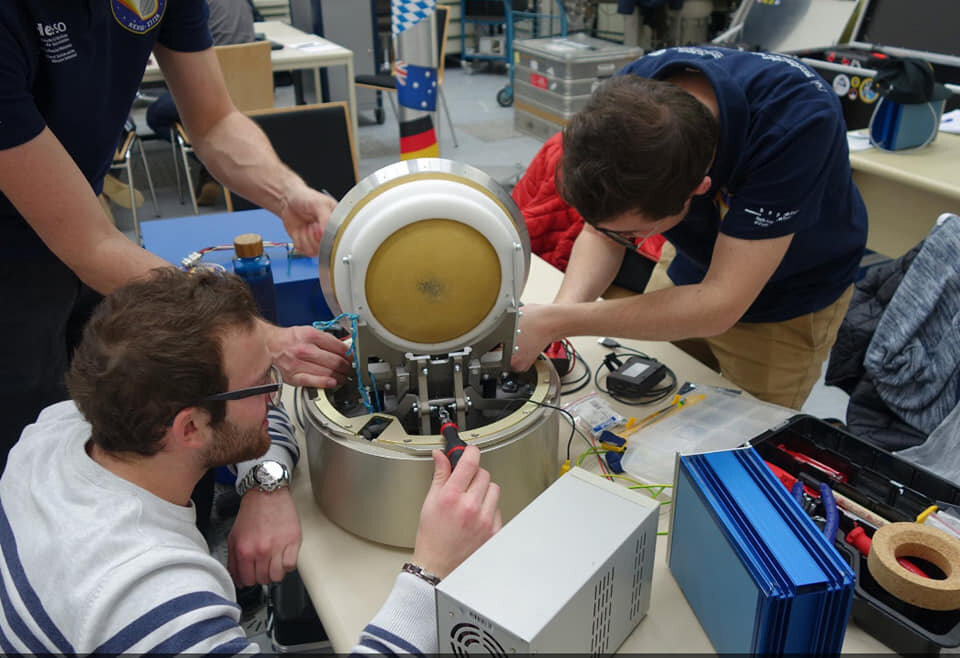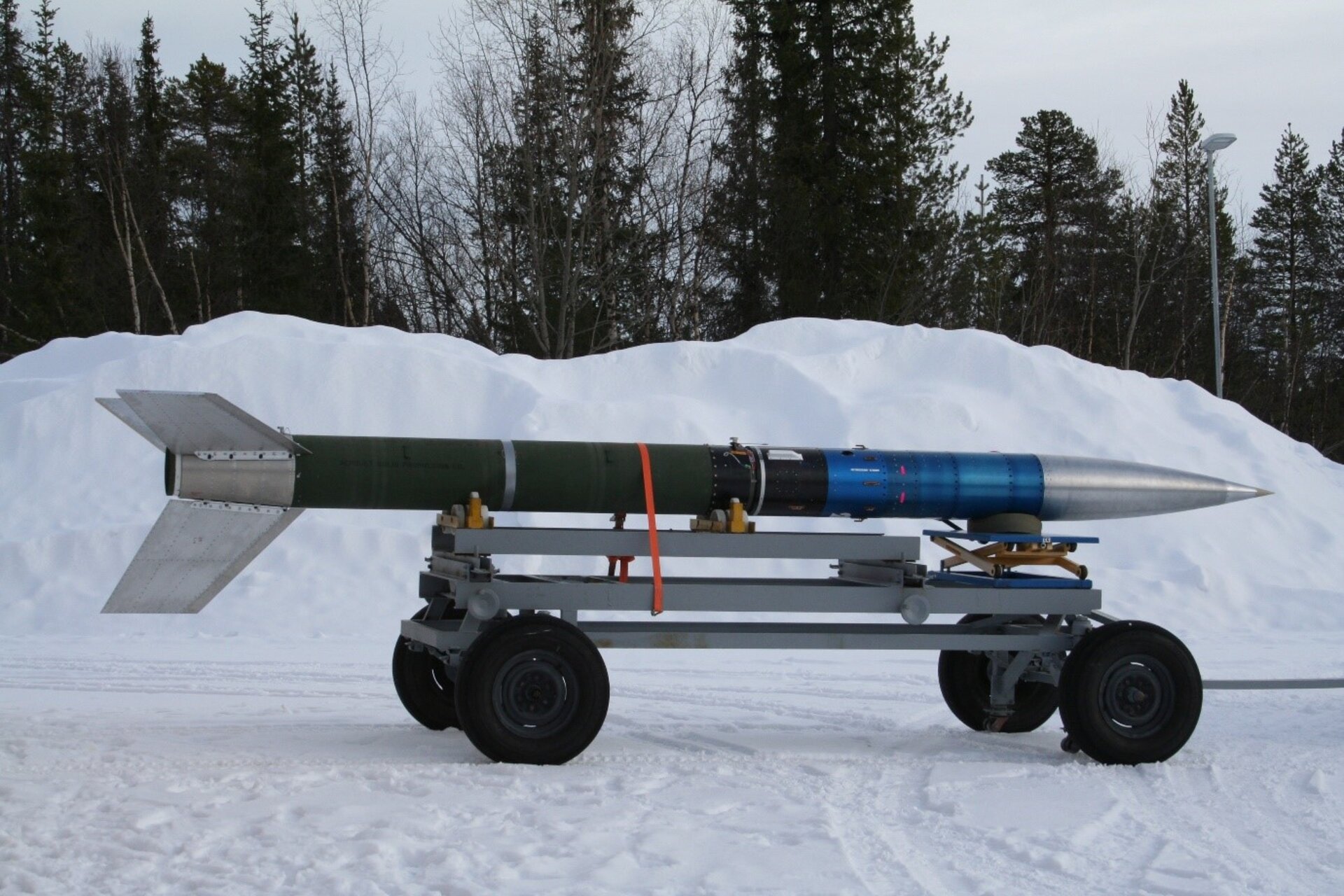EXTENDED: New call for Rocket & Balloon Experiments for University Students
Are you a university student and looking for an exciting opportunity to gain hands-on experience outside of the lecture hall? Here is your chance to fly your experiment on a sounding rocket or a stratospheric balloon with the REXUS/BEXUS programme!
The Call for Proposals for the 14th cycle of the Swedish-German REXUS/BEXUS program is now closed. If you missed this year’s deadline you can start planning your experiment for the next cycle, opening 2022.
The REXUS/BEXUS Programme allows students from across ESA member states, Canada, Latvia, Lithuania and Slovenia to apply for a unique opportunity to fly their experiment to the edge of space on board a sounding rocket (REXUS) or a stratospheric balloon (BEXUS). Every year around 20 teams participate in this exciting programme.
Selected teams will have the chance to take part in the scientific and technical adventure of developing an experiment, flying it and analysing their results. Through this hands-on experience, participants will gain practical knowledge on each step of the design of a space mission, from preliminary design through to testing and launch. Finally, they will be given the opportunity to attend an international symposium and present their findings to the scientific community. Throughout the process, participants are supported with training and feedback by agency and industry experts and have the opportunity to collaborate with student teams from many other countries.
The REXUS sounding rocket and the BEXUS stratospheric balloon

REXUS is a single stage rocket propelled by an Improved Orion solid motor and can reach an altitude of up to 90 km. The rocket is able to carry about 45 kg of payload and provides around 3 minutes of reduced gravity flight.
BEXUS is 12 000 m3 stratospheric balloon able to carry a payload of 40-100 kg to a floating altitude of 20-30km. The flight duration is usually between 1 and 5 hours.
What is the timeline for selection?

The Call for Proposals for the 14th cycle of the Swedish-German REXUS/BEXUS program is closed.
Once the Call for Proposals is closed, the selection process is made of two steps:
- All proposals are reviewed for a preliminary selection and the shortlisted teams are invited to present their project at a Selection Workshop held at ESA-ESTEC from 30 November to 2 December 2021.
- The selection workshop consists of lectures given by experts and presentations of the proposed experiments by the teams. After the students’ presentations, a panel of experts will ask questions and make comments. The selected teams will be informed shortly after the Selection Workshop.
A training week is provided at the end of January 2022, with the BEXUS balloon launch planned for October 2022 and the REXUS rocket launch campaign in March 2023.
A more detailed timeline can be found here.
How to get started?

In order to prepare a consistent proposal for this exciting but demanding programme, follow the below steps:
- Form a team with at least 4 students from different relevant backgrounds who are eligible for sponsorship;
- Explore the REXUS/BEXUS website to learn more about the platforms and requirements found in the user manuals;
- Have a look at the previous experiments classified by area of investigation such as: atmospheric measurements, microgravity investigations, technology demonstrations for future space missions, and even biological sciences;
- Propose an innovative and feasible experiment and justify the need of the platform (REXUS or BEXUS).
I am studying in Germany – How should I apply?
As the programme is partly funded by DLR (the German Aerospace Centre), there is a slightly different application process for students studying in Germany. Full details can be found on the REXUS/BEXUS webpage.
How is the programme funded?
The REXUS/BEXUS programme is realised under a bilateral Agency Agreement between the German Aerospace Center (DLR) and the Swedish National Space Agency (SNSA). The Swedish share of the payload has been made available to students from other European countries through a collaboration with the European Space Agency (ESA).
EuroLaunch, a cooperation between the Esrange Space Center of SSC and the Mobile Rocket Base (MORABA) of DLR, is responsible for the campaign management and operations of the launch vehicles. Experts from DLR, SSC, ZARM, and ESA provide technical and logistic support to the student teams throughout the project. REXUS and BEXUS are launched from SSC, Esrange Space Center in northern Sweden.


